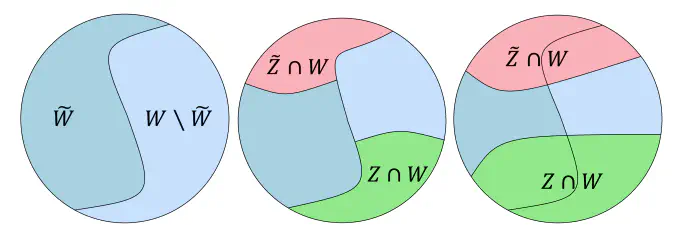 Image credit: Chenjia Bai
Image credit: Chenjia BaiAbstract
A generalizable reward model is crucial in Reinforcement Learning from Human Feedback (RLHF) as it enables correctly evaluating unseen prompt-response pairs. However, existing reward models lack this ability, as they are typically trained by increasing the reward gap between chosen and rejected responses, while overlooking the prompts that the responses are conditioned on. Consequently, when the trained reward model is evaluated on prompt-response pairs that lie outside the data distribution, neglecting the effect of prompts may result in poor generalization of the reward model. To address this issue, we decompose the reward value into two independent components:prompt-free reward and prompt-related reward. Prompt-free reward represents the evaluation that is determined only by responses, while the prompt-related reward reflects the reward that derives from both the prompt and the response. We extract these two components from an information-theoretic perspective, which requires no extra models. Subsequently, we propose a new reward learning algorithm by prioritizing data samples based on their prompt-free reward values. Through toy examples, we demonstrate that the extracted prompt-free and prompt-related rewards effectively characterize two parts of the reward model. Further, standard evaluations show that our method improves both the alignment performance and the generalization capability of the reward model.